Mohamed Keita/CPJ Africa Advocacy Coordinator
Mohamed Keita is advocacy coordinator for CPJ's Africa Program. Keita has written about independent journalism and development in sub-Saharan Africa for publications including The New York Times and Africa Review, and has appeared on NPR, the BBC, Al-Jazeera, and Radio France Internationale. Keita has also given presentations on press freedom at the World Bank, U.S. State Department, and universities. Follow him on Twitter: @africamedia_CPJ.
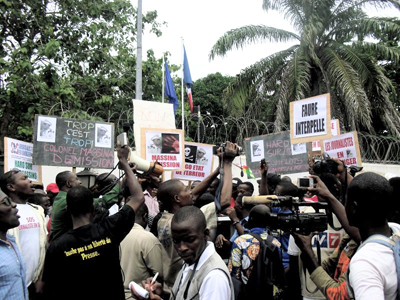
Togo journalists protest purported security threats
Dozens of Togolese journalists marched in the capital, Lomé, on Saturday to call attention to reported allegations that government security agents planned to retaliate against critical reporters. The allegations themselves are in dispute–the government called them “fabricated”–but they are set against a recent U.N. report expressing concern over the official use of arbitrary detention and…
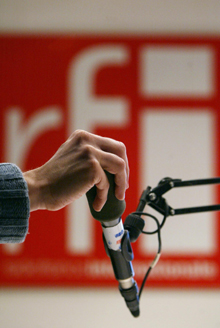
Guinea’s censorship order puts RFI in difficult spot
On Monday, Guinea’s state-controlled media regulatory agency imposed a “temporary” ban on media coverage of the July 19 attack on the private residence of President Alpha Condé, silencing private radio and television talk programs in which critical questions were being raised about the episode. In such circumstances, Guinean listeners turn to foreign media outlets such…
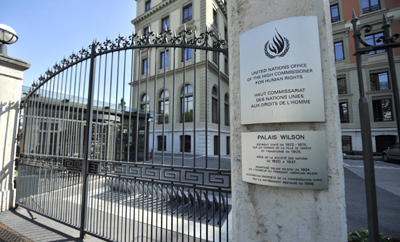
UNHCHR grills Ethiopia on anti-terror law
This week, the Human Rights Committee of the U.N. High Commissioner for Human Rights reviewed Ethiopia’s compliance with the International Covenant on Civil and Political Rights, including its press freedom record. Peppered with questions about an indefensible record of abuse–jailing the second largest number of journalists in Africa and leading the continent in Internet censorship–representatives…
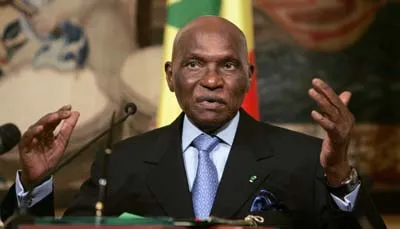
Mission Journal: Politics influence justice in Senegal
Senegalese journalists say justice is not on their side when they are victims of abuse by powerful officials or security forces. I met recently in Dakar with journalists targeted with criminal acts in apparent reprisal for their work. In these two high-profile cases, CPJ has found evidence of political influence on the judiciary.
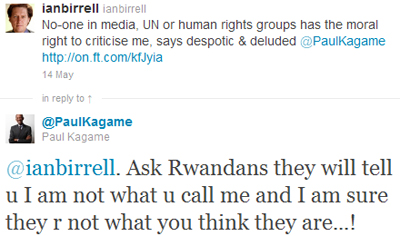
Rwanda’s Kagame and journalist get into Twitter spat
President Paul Kagame is a leader who draws sharply divided opinions–praise from some for rebuilding Rwanda after the 1994 genocide and criticism from others over a record of repression of dissent and the press. On Saturday, a tweet critical of Kagame by British columnist Ian Birrell sparked a heated exchange about press freedom between the…
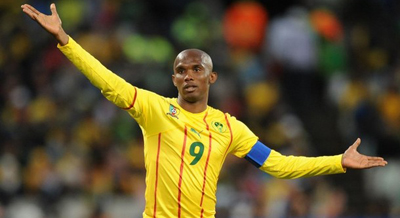
Cameroon soccer star Samuel Eto’o lashes out at reporter
Journalists: Beware of questioning the performance of Cameroonian international soccer superstar Samuel Eto’o on the field. The act could result in a head butt–as reporter Philippe Boney experienced in 2008–or in rough words, as a Senegalese reporter experienced in a postgame press conference on Saturday.
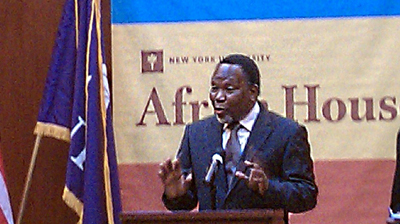
At NYU, South Africa’s Motlanthe defends press policies
On Monday, in a public lecture at New York University, South African Deputy President Kgalema Motlanthe described as irreversible the democratic gains made since the end of apartheid, including the advancement of press freedom. “We have a constitution which guarantees basic human rights such as freedom of association, freedom of the press, and the independent…
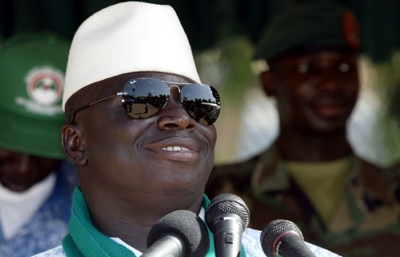
Jammeh to news media: I set limits on press freedom
Last week, Gambian President Yahya Jammeh participated in a rare meeting with select members of the West African nation’s press corps. Jammeh spoke in favor of access to public information. He announced that he would allow The Standard newspaper to resume publication, five months after the National Intelligence Agency forced its editor, Sheriff Bojang, to…
Killer of DRC technician said to wear police uniform
Hardy Kazadi Ilunga was just 21. A technician with the private station Radio-Télévision Mosaïque in the southern Democratic Republic of Congo town of Likasi, he was murdered late Saturday by a gunman apparently wearing a police uniform, according to the Congolese press freedom group OLPA and local journalists.
Fearing Egypt-style revolt, Cameroon bars Twitter service
“For security reasons, the government of Cameroon requests the suspension of the Twitter sms integration on the network,” announced a March 8 tweet by Bouba Kaélé, marketing manager of the Cameroon unit of South Africa-based telecommunications provider MTN. The announcement has since disappeared from Kaélé’s Twitter feed, but was memorialized by a handful of Twitter…